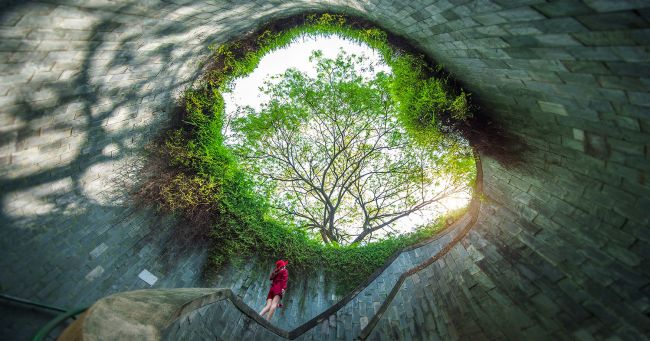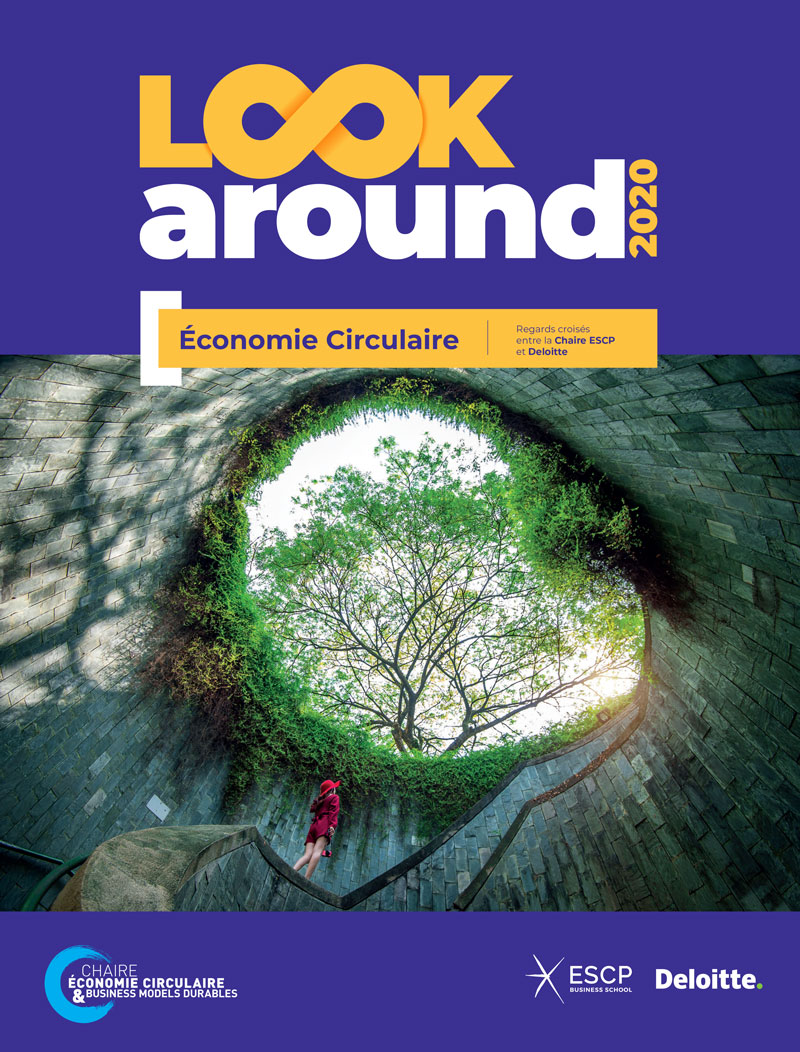Circular Economy & Sustainable Business Models Chair
See this page in:
 [FR]
[FR]
In the face of today’s great environmental and societal challenges, the creation of business models that are more respectful of resources is vital. However, the transition towards the circular economy is a complex process, requiring agreement among, and joint effort by, a whole range of stakeholders: companies, investors, public bodies, private individuals, think-tanks and experts, etc.
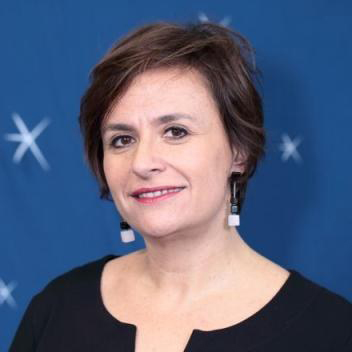
 A few words
A few words
from the
Co-Scientific Directors


from the
Co-Scientific Directors
« The circular economy represents a change of paradigm and a major transformation of capitalism to deal with the great issues of sustainable development. The change is managerial but also cultural, altering our relationship with value creation, progress and how we consume. »
« Management schools have a key role to play in this transformation. The Circular Economy Chair aims to promote research and teaching about the circular economy, and to build bridges between companies, students, and external stakeholders. Its approach is completely interdisciplinary, because the circular economy brings into play social science, political science, engineering science, economics, design and the various management disciplines. »
Aurélien Acquier and Valentina Carbone, Professors ESCP Europe
Objectives
Innovation accelerator
The Chair aims to accelerate innovation to facilitate the transition to the circular economy. Its fields of action include research, training and the dissemination of good practice throughout the world of management.
The Chair’s work seeks to study, identify and clarify the barriers that prevent companies from deploying a 100% circular model both within and outside their organisations (public bodies and environmental organisations, markets, consumers), in order to determine the changes that need to be made and the levers that need to be used in order to deploy the circular economy’s full potential.
Fields of activity
La chaire se concentre sur 3 types d'activités:
Research around the Chair’s central theme
New modes of coordination / cooperation between companies; conditions for the involvement of the consumer; tensions and paradoxes; instrumentation and operationalisation. This research is disseminated in academic and professional publications and white papers.
Events
Round tables and workshops bringing together academics / industrialists.
Teaching
ESCP Europe courses already include the circular economy: 30 hours in the MIM programme and the International Sustainability Management MSc since 2016, 12 hours in the Executive MBA and several modules in different MSc courses. The Chair is helping to develop the teaching of the circular economy through the introduction of professional workshops.
Team

Valentina
Carbone
Scientific co-Director

Aurélien
Acquier
Scientific co-Director
View more
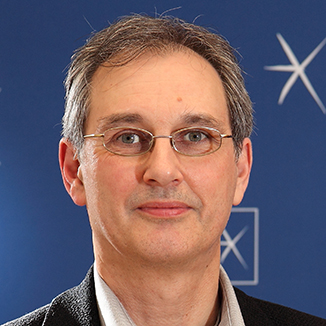
Rolf
Brülh
Professor ESCP Europe
Olivier
Delbard
Professor ESCP Europe
Sylvie
Geisendorf
Professor ESCP Europe
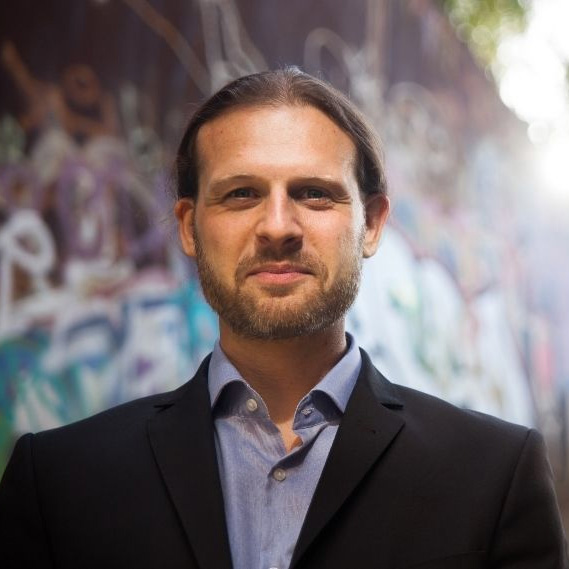
Florian
Lüdeke-Freund
Professor ESCP Europe
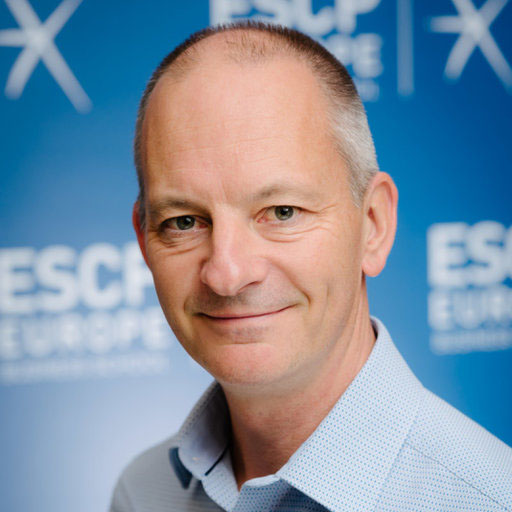
Joe
Miemczyk
Professor ESCP Europe
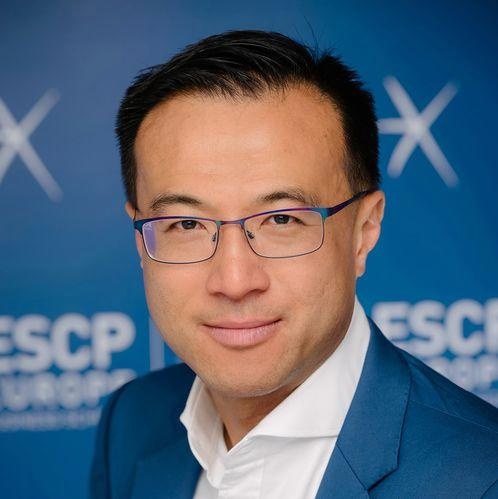
Terence
Tse
Professor ESCP Europe
Focus on...
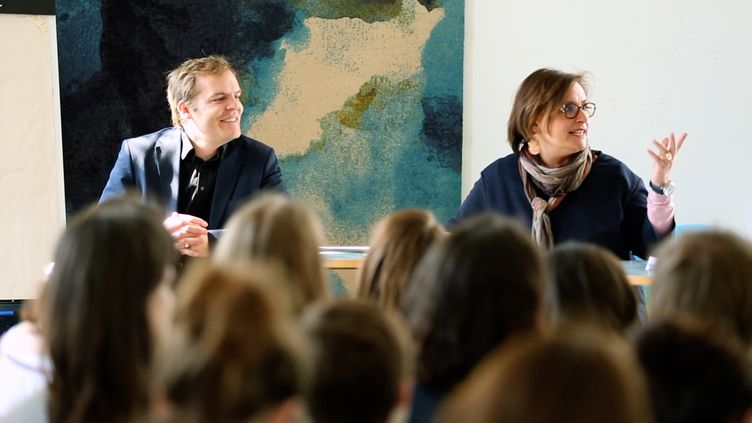
News
25 April 2019
Circular Economy cannot be learned only at school!
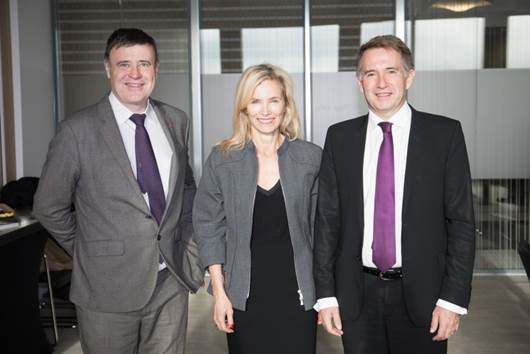
News
19 November 2018
24th October 2018... Sami Rahal, CEO, Deloitte France hosted Frank Bournois, Dean & Executive President of ESCP Europe and Ghislaine Sanchez, Member of the Board of the ESCP Europe Foundation and the two Professors Aurélien Acquier and Valentina Carbone for the signing ceremony of the new Chair in Circular Economy and Sustainable Business Models.
News & Events
Events
CHECK OUT OUR PLAYLIST…
Videos
Economie collaborative : les coûts cachés sur l'environnement [Aurélien Acquier]
RSE 04/10/2017 "Les différents business modèles de l'Economie circulaire" par Valentina Carbone ESCP
Research & Publications
Impact Paper
Rush for resources or preservation of common goods?
Two scenarios for managing resources in the Anthropocene era
May 2020
The Covid-19 pandemic is being apprehended by many experts as one of the symptoms of the Anthropocene, the new geological era characterised by the structural impact of human activities on the dynamic of our ecosystems
Written by Aurélien Acquier and Valentina Carbone
Presse
"A lever for transformation for the whole school" [FR]
24 November
A testimony on initiatives to integrate ecological and climate issues into the curricula of business schools. A fundamental trend that responds to a very high demand from students.
Written by Aurélien Acquier
Press
Interface, specialist in carpet tiles and... pioneer in the circular economy [FR]
2 October
Since 1995, this American manufacturer has been innovating to reduce its carbon footprint by recycling fishing nets, for example. Next step: products with a positive impact!
Written by Olivier Delbard
Press
Aquaponic farming: harnessing natural processes for an urban circular economy
17 September
Combining aquaculture and hydroponics, aquaponics unearths value in "waste" flows and re-routes them back into the economy. It’s an inspiring example of how a circular-economy business model can work.
Written by Sylvie Geisendorf and Paul Wolf
Press
Why Sustainability Is The Hottest Topic At Business School
28 August 2019
Climate change is affecting businesses as much as any other part of society. But business schools, and their future leaders, hold the key to addressing it
Written by Simon Lovick
Blog post
Sustainability conferences cause greenhouse gas emissions, too
2 August 2019
Meeting to effectively talk about sustainability requires unsustainable behaviour. Prof. Florian Lüdeke-Freund explains how this contradiction was overcome by compensating all travel-induced emissions of the 4th New Business Models Conference.
Written by Florian Lüdeke-Freund
Press
Between green growth and degrowth, teaching circular economy in a business school. [FR]
8 July 2019
The circular economy confronts very different visions of progress: green growth versus degrowth. How to teach this conflictiing concept?
Written by Aurélien Acquier and Valentina Carbone
Press
You’ve heard of the circular economy. Now meet the circular city
1 July 2019
Five examples from cities like Berlin, Germany, and Malmö, Sweden, show how circular urban planning could make like healthier and safer for all of us.
Written by Daniel Johnson
Press
Circular cities of the world: what can green infrastructure do?
24 June 2019
With the help of green infrastructure, we can take nature as the example and transform our cities into circular cities.
Written by Daniel Johnson
Press
Enseignement au développement durable : un mot d’ordre transversalité ![FR]
5 June 2019
Membre du conseil d’administration du Collège des Directeurs du Développement Durable (C3D), directeur développement durable de l’Institut Mines-Telecom et président de la commission développement durable et responsabilité sociétale de la Conférence des Grandes Écoles, Denis Guibard dresse un état des lieux des écoles qui font bouger les lignes.
Written by Denis Guibard
Press
The circular economy: Four million business models and counting
17 May 2019
Why is it so difficult to provide a comprehensive overview of circular economy business models? The answer is simple: because there are so many of them.
Written by Florian Lüdeke-Freund
Press
The circular economy: building an economy on the template of nature
25 April 2019
In a growing world with an increasing population with ever greater needs, it is high time to find a balanced solution for our activities. Nature provides us with the template.
Written by Sylvie Geisendorf and Paul Wolf
Press
Asics, or the MNE put to the test of CSR [FR]
30 January 2019
ESCP Europe professors have highlighted best practices for deploying a CSR strategy worldwide through the case of sports equipment manufacturer Asics.
Written by Aurélien Acquier, Valentina Carbone and Valérie Moatti
Press
"Crowd logistics" : effet de mode ou phénomène durable ?[FR]
1 January 2019
LUtiliser les ressources des particuliers pour rendre des services de stockage ou de livraison : ce modèle, exploité par de nombreuses start-up, est loin d'être durable.
Written by Aurélien Rouquet, Christine Roussat and Valentina Carbone
Press
Crowd-logistics, the new frontier of the collaborative economy [FR]
14 December 2018
The collaborative economy has recently entered the field of logistics, giving rise to innovations that are of great interest to traditional operators.
Written by Aurélien Rouquet, Christine Roussat and Valentina Carbone
Press
Is the circular economy good for the environment? Conversation with Aurélien Acquier [FR]
23 September 2018
Management sciences deal with the art of composing collectively with tensions and paradoxes, in situations that are always complex. Demonstration.
Written by Jean-Philippe Denis
Press
Rise of the Phenix: The French startup giving a second life to food waste
30 June 2018
The case of Phenix shows how a circular economy can redefine how we tackle food waste.
Written by Aurélien Acquier, Louis Chappet and Valentina Carbone
Press
Food waste: how the start-up Phenix changes the game [FR]
3 April 2018
The case of the start-up Phenix shows that the fight to reduce food waste requires a regulatory context that encourages innovation at the level of the business ecosystem.
Written by Aurélien Acquieri, Louis Chappet and Valentina Carbone
Presse
Collaborative economy and cooperativism: should walls or bridge be built? [FR]
12 September 2016
Some elements to clarify and extend the debate on what cooperativism can bring to the collaborative economy.
Written by Aurélien Acquier and Alban Ouahab
Press
Supermarket "La Louve", the newest member to the alternative consumer segment. [FR]
5 September 2016
La Louve, a cooperative and participative supermarket owned by its customers, will open its doors in the XVIIIᵉ arrondissement of Paris in the fall of 2016. History and challenges of the approach.
Written by Aurélien Acquier and Alban Ouahab
Press
Is the collaborative economy a source of environmental progress?
29 June 2016
L’impact environnemental des nouveaux modes de consommation collaborative est une question complexe dont la réponse n’est ni évidente, ni systématiquement positive.
The environmental impact of new collaborative consumption way is a complex issue whose answer is neither obvious nor systematically positive.
Written by Aurélien Acquier, Damien Demailly and Valentina Carbone
